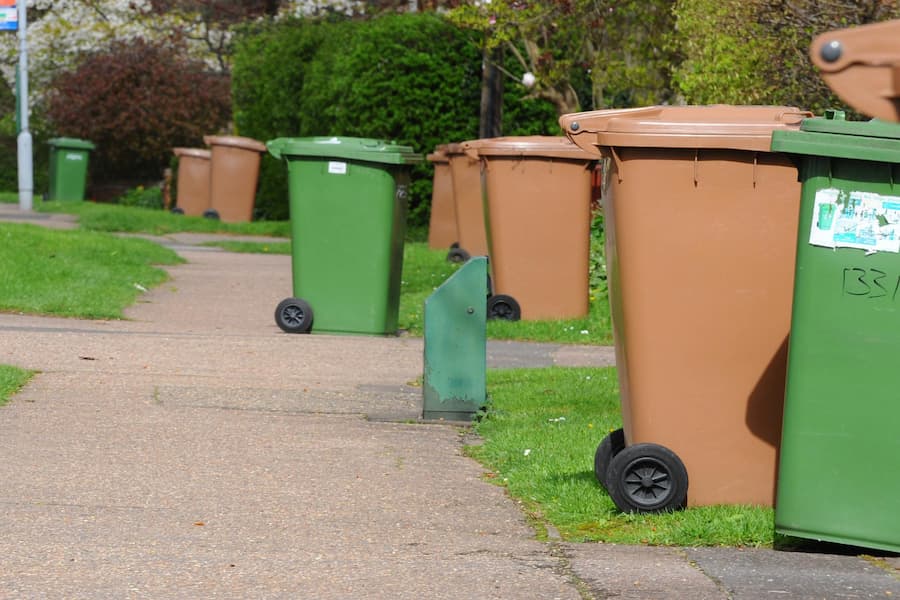Every day, a lot of homeowners do a lot of tasks or activities to maintain their homes in top shape. One of the most popular house jobs is gardening since it makes a house seem better and is worth more on the market for real estate. Nonetheless, a lot of gardening trash is produced when gardening, thus it’s a good idea to become a responsible gardener.Planting a garden is a great, environmentally beneficial project that you should do very carefully. You ought to eventually become an expert at this pastime.
The most crucial thing to do is learn how to decrease and reuse garden waste. One thing that many people struggle with is the task of getting rid of yard debris. If gardening is your passion, you must have plenty of free time to devote to a worthwhile organisation. It entails considering trash management and gardening in an environmentally friendly manner. You ought to dedicate yourself fully to this pursuit and gather as much knowledge as you can. You ought to pick some good local skips For hire, to get rid of the usual trash present in your neighborhood.
All You Need To Know About Garden Waste:
Garden garbage is any organic waste which can be easily composted; it is also referred to as biological trash or garden waste. These comprise household wastes along with garden debris, such as leaves, grass clippings, weeds, & twigs. Interestingly, the majority of garden waste is high in nitrogen, while components high in carbon do not make garden detritus. There are numerous uses for garden debris. Determining what to do with the green trash you collect in your backyard makes sense. Before disposing of your garden waste, you need to determine its overall benefits.
Also Read: What Schools Can Do to Reduce Classroom Waste?
Methods For Getting Rid Of Garden Waste:
Searching for information on disposing of garden waste? Do you want information about costs, ease of use, and cost-cutting strategies? You’ve found it! Here are some methods for getting rid of yard debris, beginning with the less expensive ones:

1. Reuse It Yourself: Create Compost:
Although creating your garden compost takes some time, it’s a wonderfully efficient and ecologically sound way to get rid of your garden waste—and it’s free! By utilising plant pot leftovers, leaves, bark, and grass clippings, you may create your compost. You may also let grass cuttings remain on the lawn to break down and replenish your lawn with nutrients. Since moisture is crucial to the composting procedure, make sure your compost contains both dry and moist debris. This is an excellent, detailed guide to composting.
2. Online Reuse:
There might be someone wanting to take up your garden garbage for free, based on what kind you have. For instance, try putting any complete tiles, excellent (unbroken!) plant pots, dirt, stones, etc. online to repurpose platforms. To enhance the likelihood of repurposing, take high-quality photos during the day. Give a thorough and precise explanation of what can be recycled. A little backstory may assist with a repeat post that seems more credible. Are you clearing out your shed, for instance? Remodelling your backyard? Inform people!
3. The Rubbish Collection Service:
Like their bulky garbage disposal service, most councils provide some sort of garden waste collection service. While each council in the nation offers a different service, the majority do so on a yearly subscription basis. They are usually rather rigid because you must sign up by a certain date, even though they are normally pretty good value. For instance, in April to receive the green collections for the ensuing year.
4. Ignore Sacks:
Strong, waterproof bags in a range of sizes are known as skip bags or hippo bags. They’re an excellent substitute for skips and a common choice for minor gardening tasks. They continue to help confine dirty garden waste even if they don’t take up quite as much room as a skip.
5. Hiring A Skip:
If you have a big job that will produce a great deal of messy waste, think about hiring a skip. Keep in consideration that some councils prohibit skips larger than eight yards from being placed on public roadways whenever choosing the size. Thus, your options for size might be restricted unless you have room in your front yard or driveway.
Final Words – Managing Garden Waste:
The most crucial thing to remember is to avoid disposing of your yard garbage in regular trash cans. Why waste all that nice stuff when there are so many options for recycling yard trash?











